Month Two
Welcome to MONTH TWO:
An interview with Rick Hanson
Learn how to hardwire happiness, and
overcome the brain’s negativity bias through mindfulness practices.
Welcome to MONTH TWO
This month's interview starts to deepen our understanding of how mindfulness practice can help us reprogram our brains towards greater happiness and wellbeing.
It's empowering to discover that we can use science to our advantage and start practising new mental habits which over time can lead to new attitudes and ways of being, ultimately offering us greater happiness and freedom in our lives.
“Your beliefs become your thoughts,
Your thoughts become your words,
Your words become your actions,
Your actions become your habits,
Your habits become your values,
Your values become your destiny.”
~ Mahatma Gandhi
To make lasting changes in our lives it takes patience, persistence and self-compassion especially at those times when we've fallen off track. So, whether your practice has been strong and consistent, or whether you've been derailed by life's "busyness", use this month as a fresh opportunity to come back or strengthen your meditation.
Set a clear intention for yourself, share it in the Facebook group and do something each day to keep mindfulness alive.
Be sure to make the most of the community support through the private Facebook community (accessible by clicking the Community button below) which is there to keep you connected to your meditation practice. If you haven't already, go ahead and introduce yourself by reflecting on the questions in the post at the top of the page (use #hello so we can find you and share what #city you're in).
Use the Facebook group to share what you notice in your meditation practice and share mindful moments from your daily life to anchor you to more presence and gratitude.
If you're joining the Mind Life Project and haven't done Mindful in May before you can find some guided meditations to use between the live guided calls by clicking the MEDITATIONS button in the Wisdom Vault. Use these guided practices between the live guided meditation calls which start in July to support a regular practice. See if you can meditate every day even if it's just for one mindful minute!
In this video you’ll learn:
- The difference between mental states and traits and how we can create enduring positive change around our outlook
- How mindfulness can help us develop “shock absorbers” against stress
- A powerful practice called “taking in the good” that can re-wire your brain towards greater happiness and offset the negativity bias.
About Rick Hanson
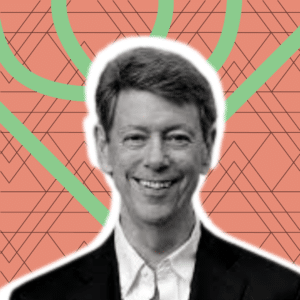 Rick Hanson, PhD is a neuropsychologist and New York Times best-selling author. Founder of the Wellspring Institute for Neuroscience and Contemplative Wisdom. He’s been an invited speaker at Oxford, Stanford, and Harvard, and taught in meditation centres worldwide.
Rick Hanson, PhD is a neuropsychologist and New York Times best-selling author. Founder of the Wellspring Institute for Neuroscience and Contemplative Wisdom. He’s been an invited speaker at Oxford, Stanford, and Harvard, and taught in meditation centres worldwide.
Mindful Action:
This week, as a way of starting to create positive habits of mind and reduce the brain’s negativity bias, try the “taking in the good” practice which Rick describes in his interview.
Here are five steps to “taking in the good”:
- Recognise when you are having a pleasant experience (it can be as simple as having a hot shower of feeling the sun on your back on a beach walk)
- Tune in to the body notice how it feels? What sensations can you feel in your body?
- Tune in to your emotional state – label the emotion quietly to yourself ie. grateful, content, happy, joyous, uplifted, relaxed
- Tune in to your senses to take in the surroundings – take in the sounds, sights, sensations, smells
- Take four mindful breaths to absorb the pleasant event and “install” it into your system
- Write the pleasant event down to capture and install it (in the Facebook group or in your notes on your phone if it’s easier) as a way of remembering and noticing the good in your daily life
We can use mindfulness practices to rewire our brains towards greater happiness and appreciation in life by bringing these simple, yet powerful practices of awareness into our daily life. Our experience in life is not only governed by what happens, but also by where we choose to focus our attention.
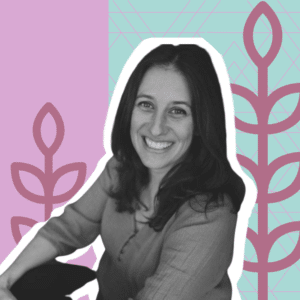
Our upcoming LIVE CALL
Join our live guided online meditation with Dr. Elise Bialylew, along with an interactive Q&A session.
Join the session on Zoom here: https://us02web.zoom.us/j/81381381693
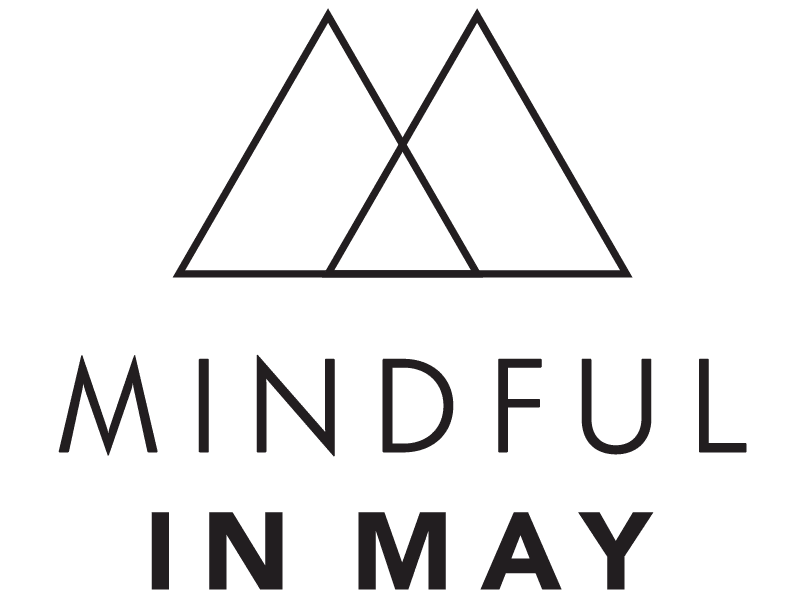
 This month, as part of the Mind Life Project bookclub, I invite you to read Start Where You Are by Pema Chodron.
This month, as part of the Mind Life Project bookclub, I invite you to read Start Where You Are by Pema Chodron.
